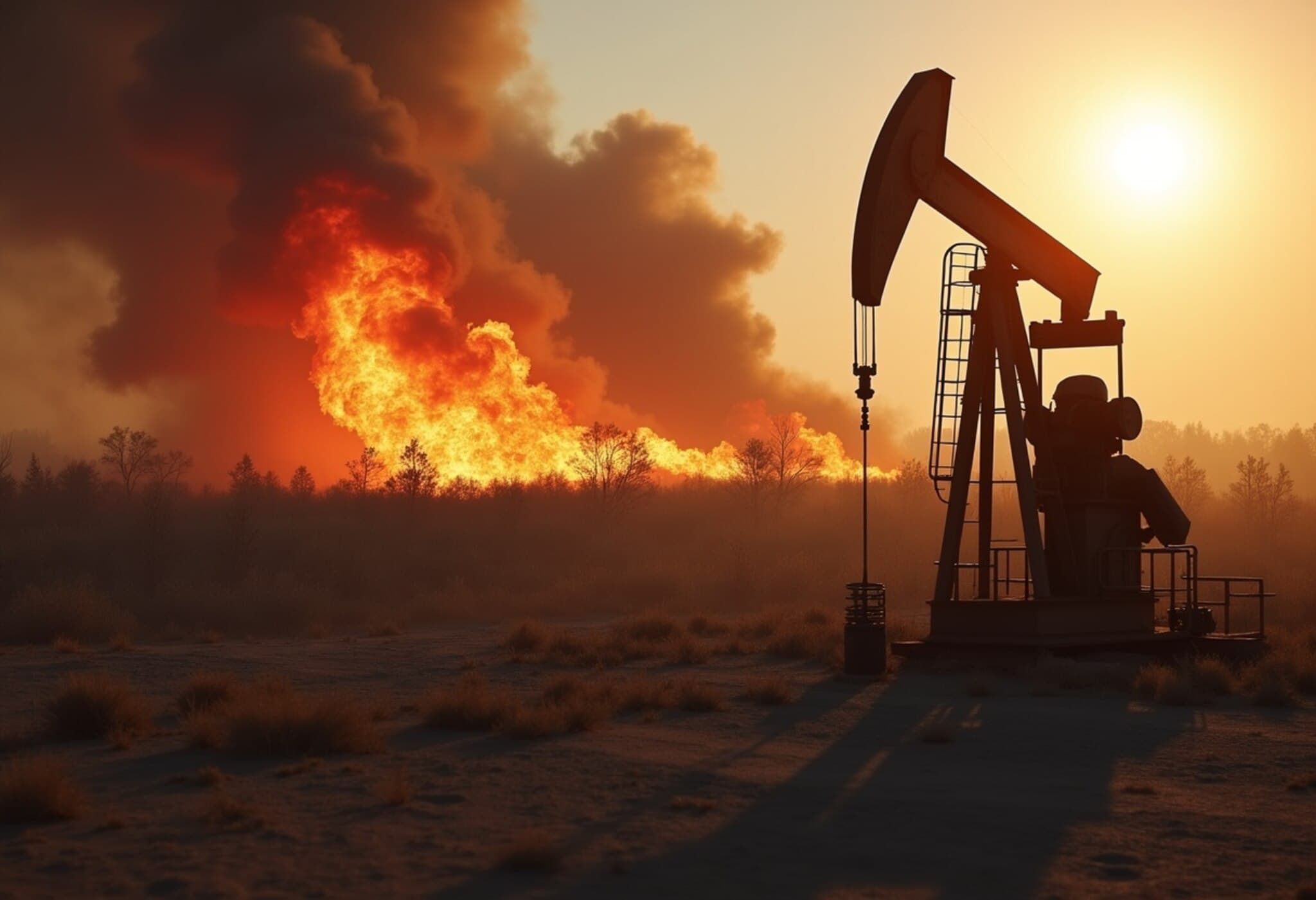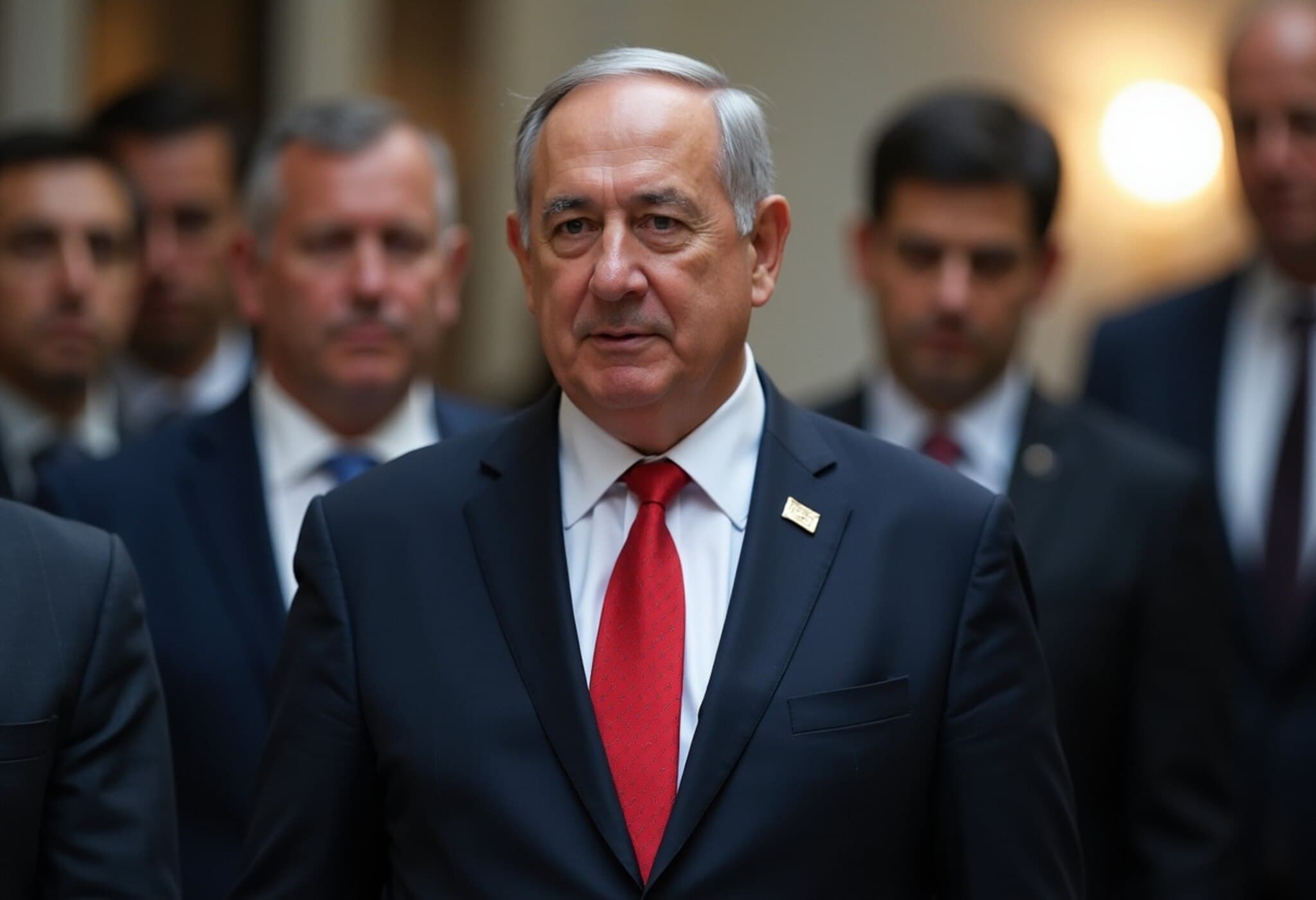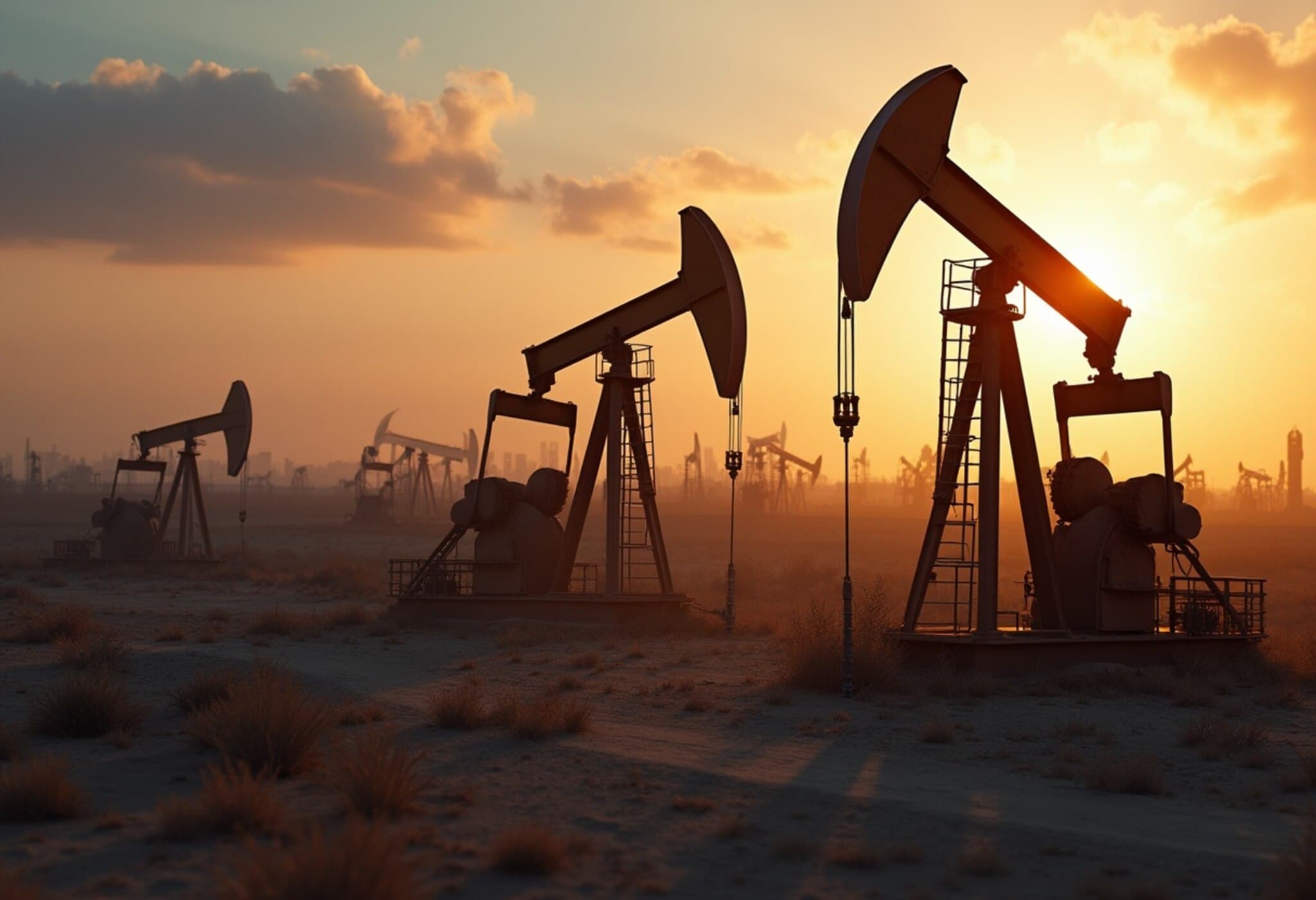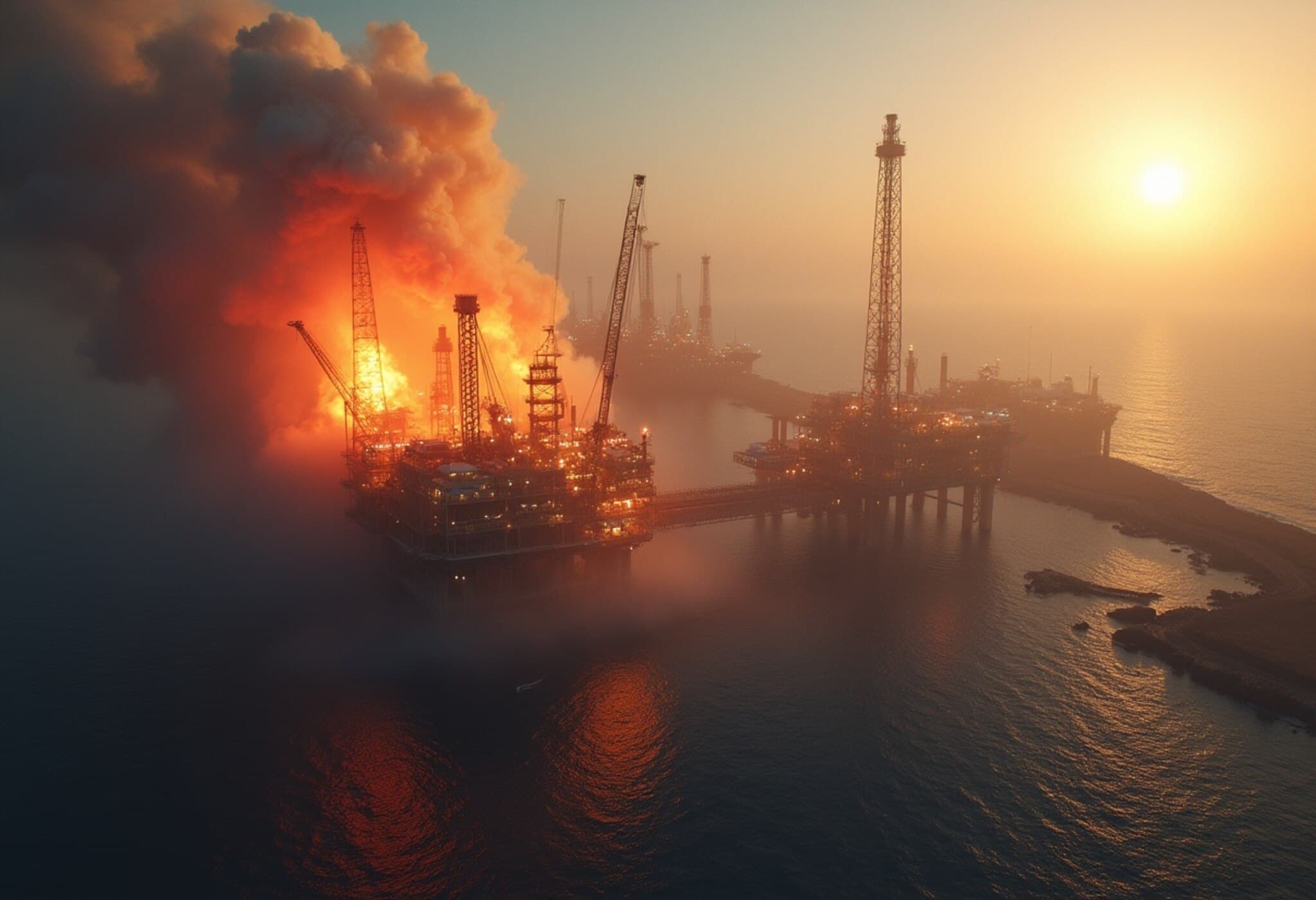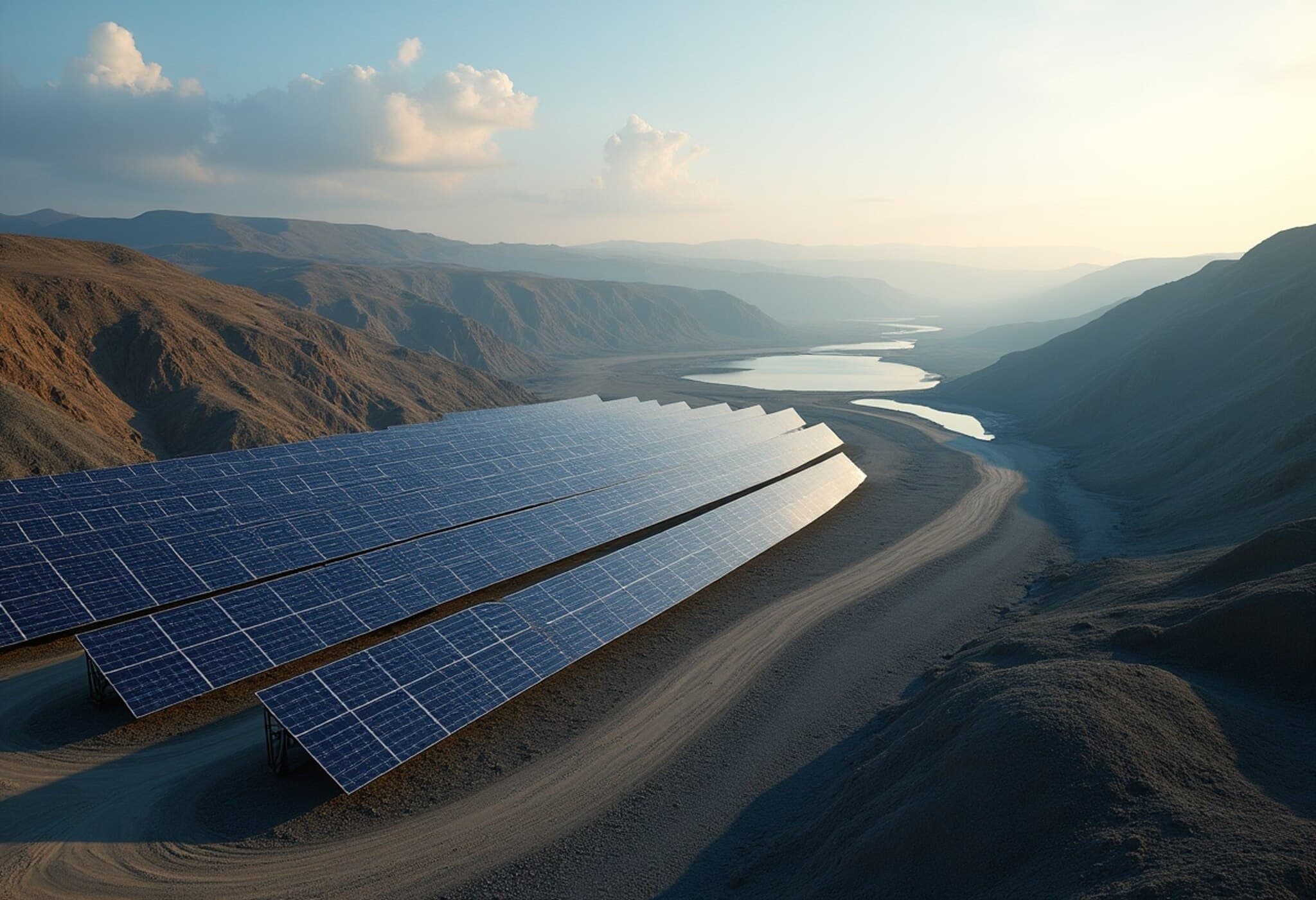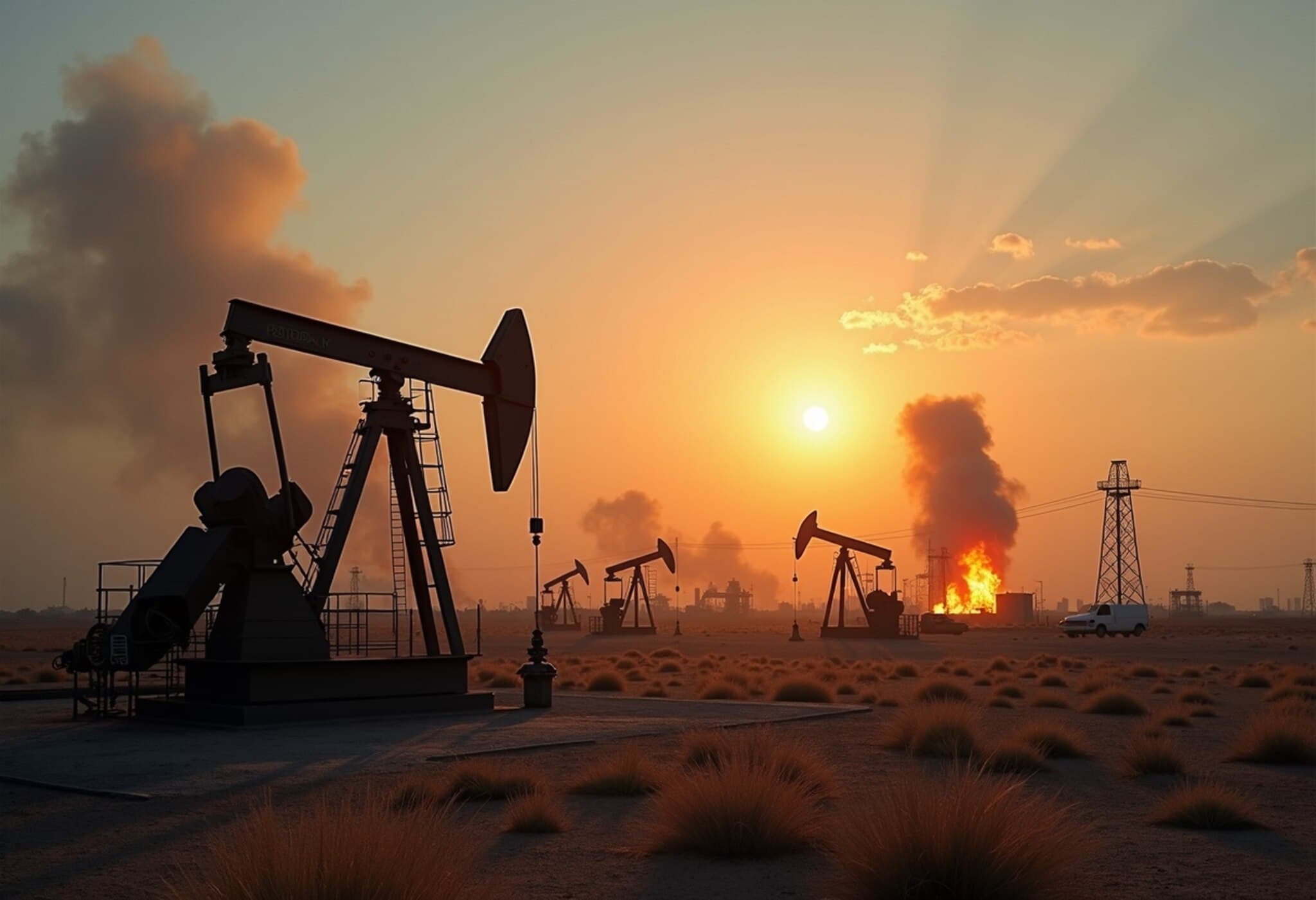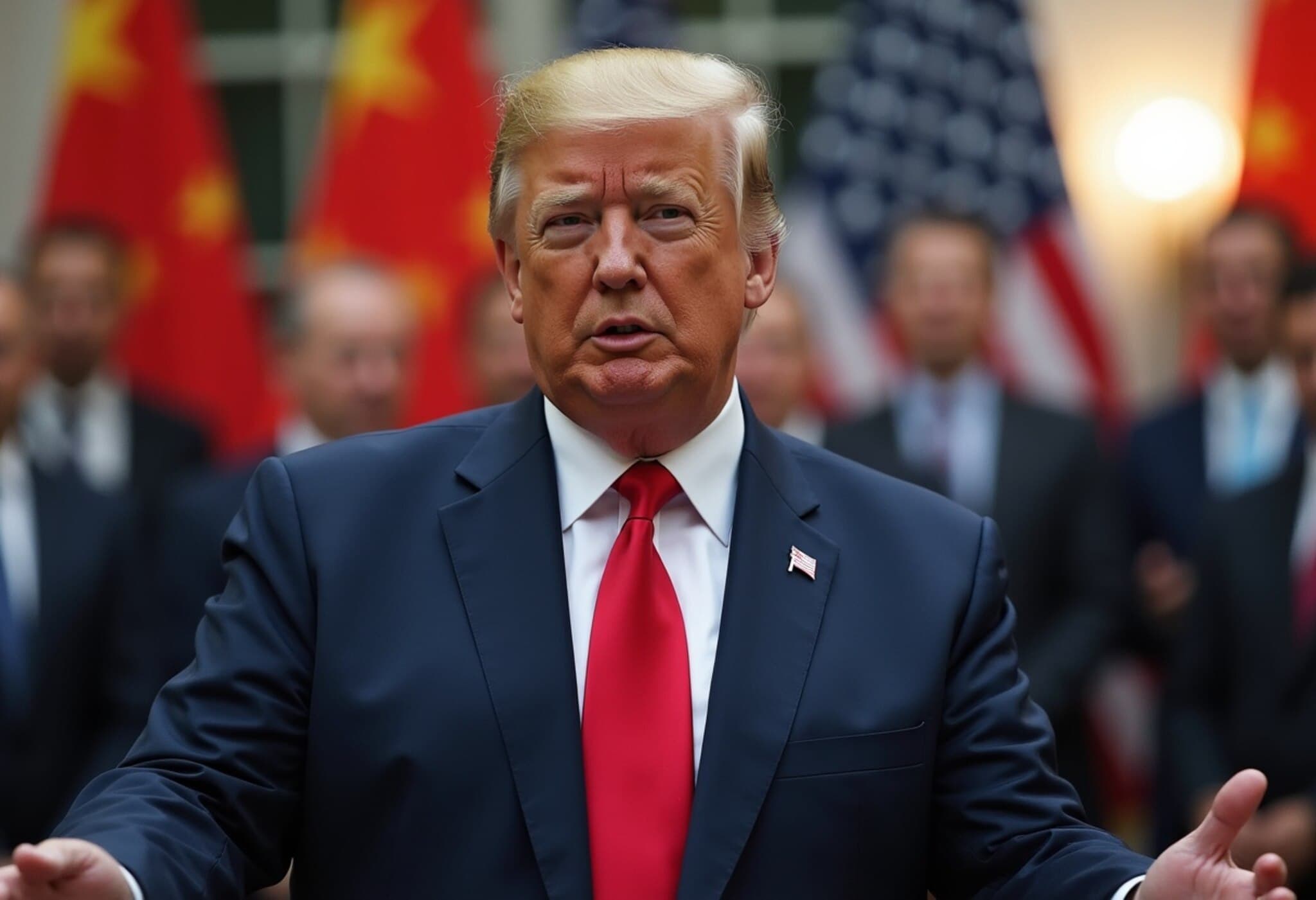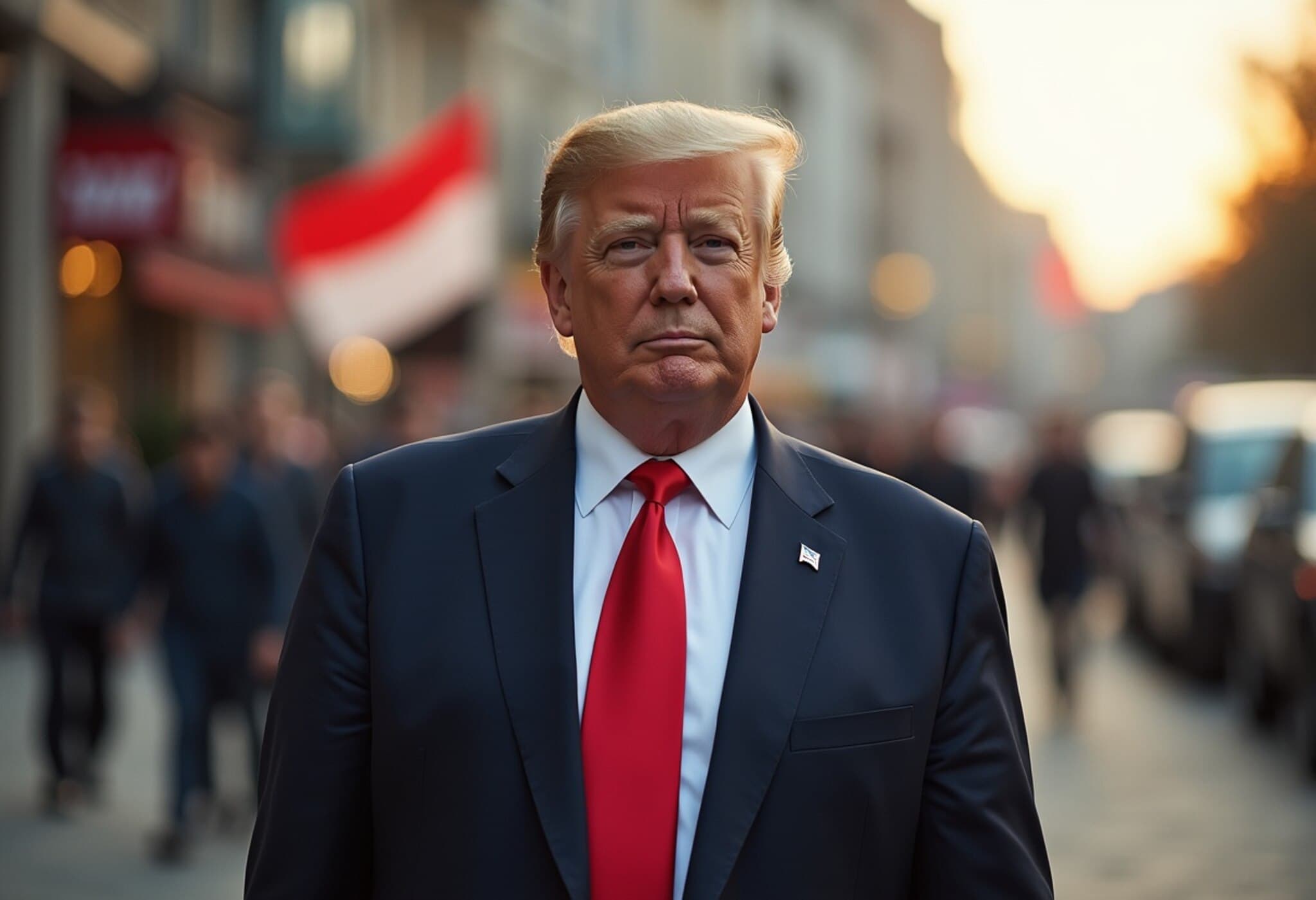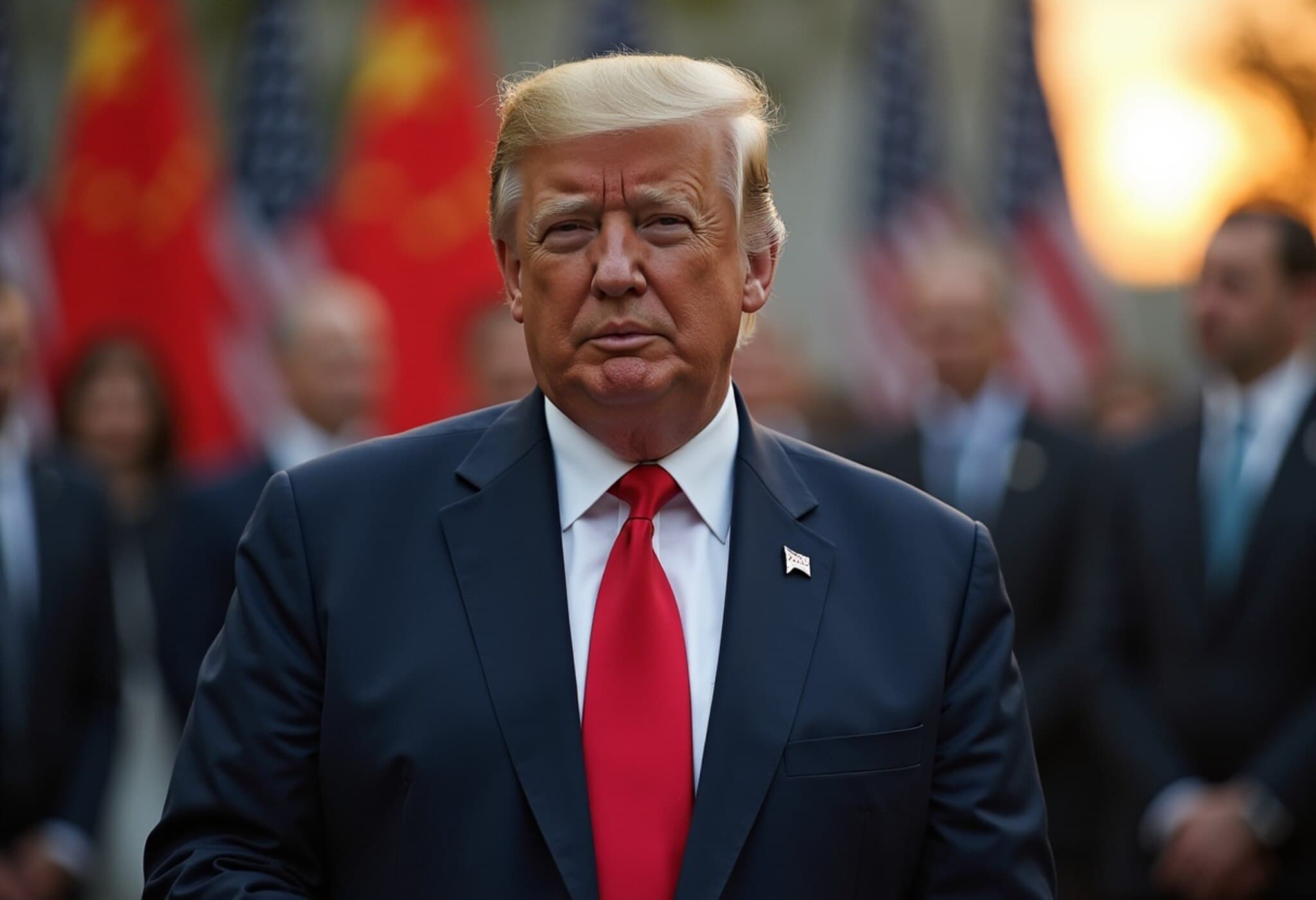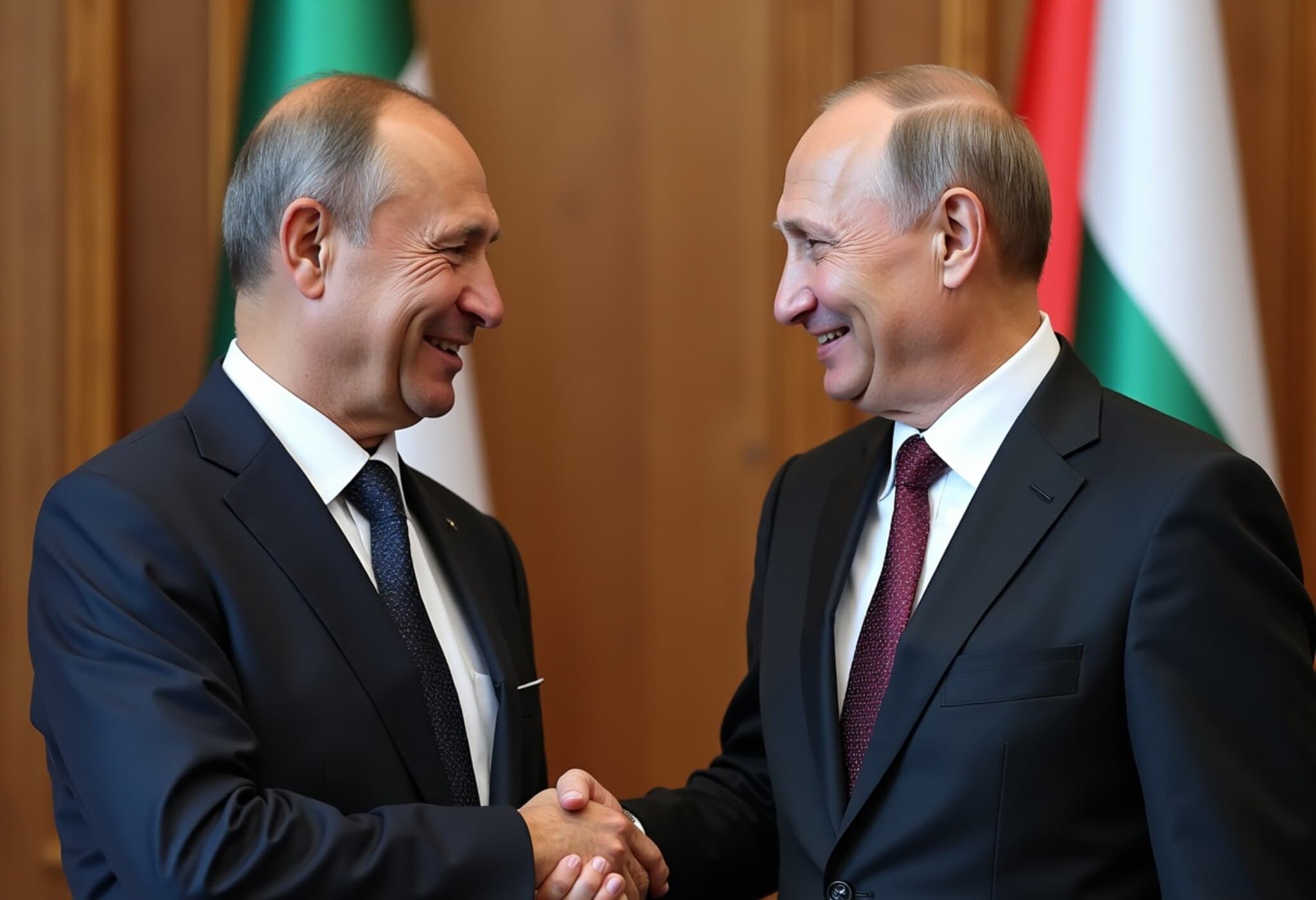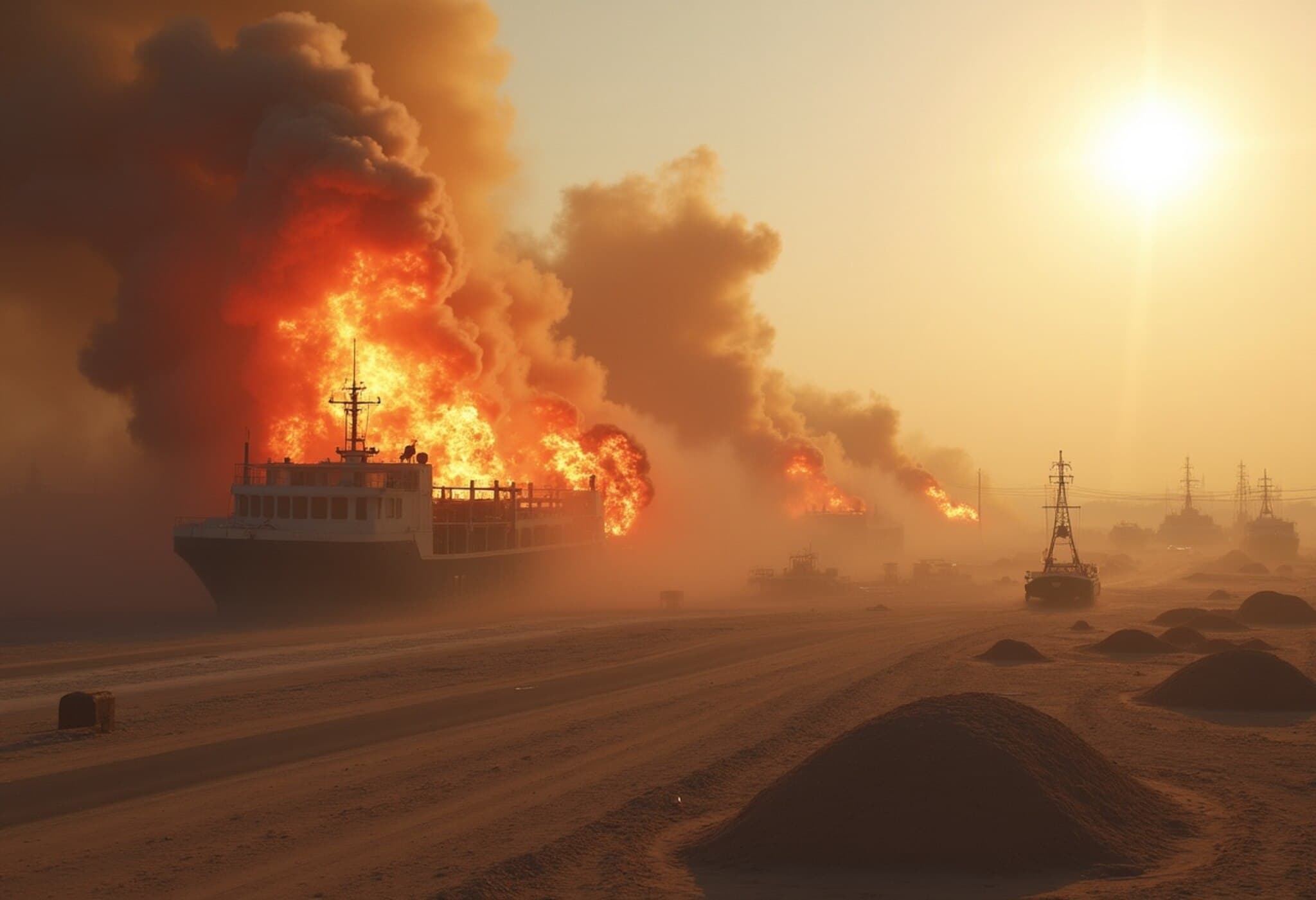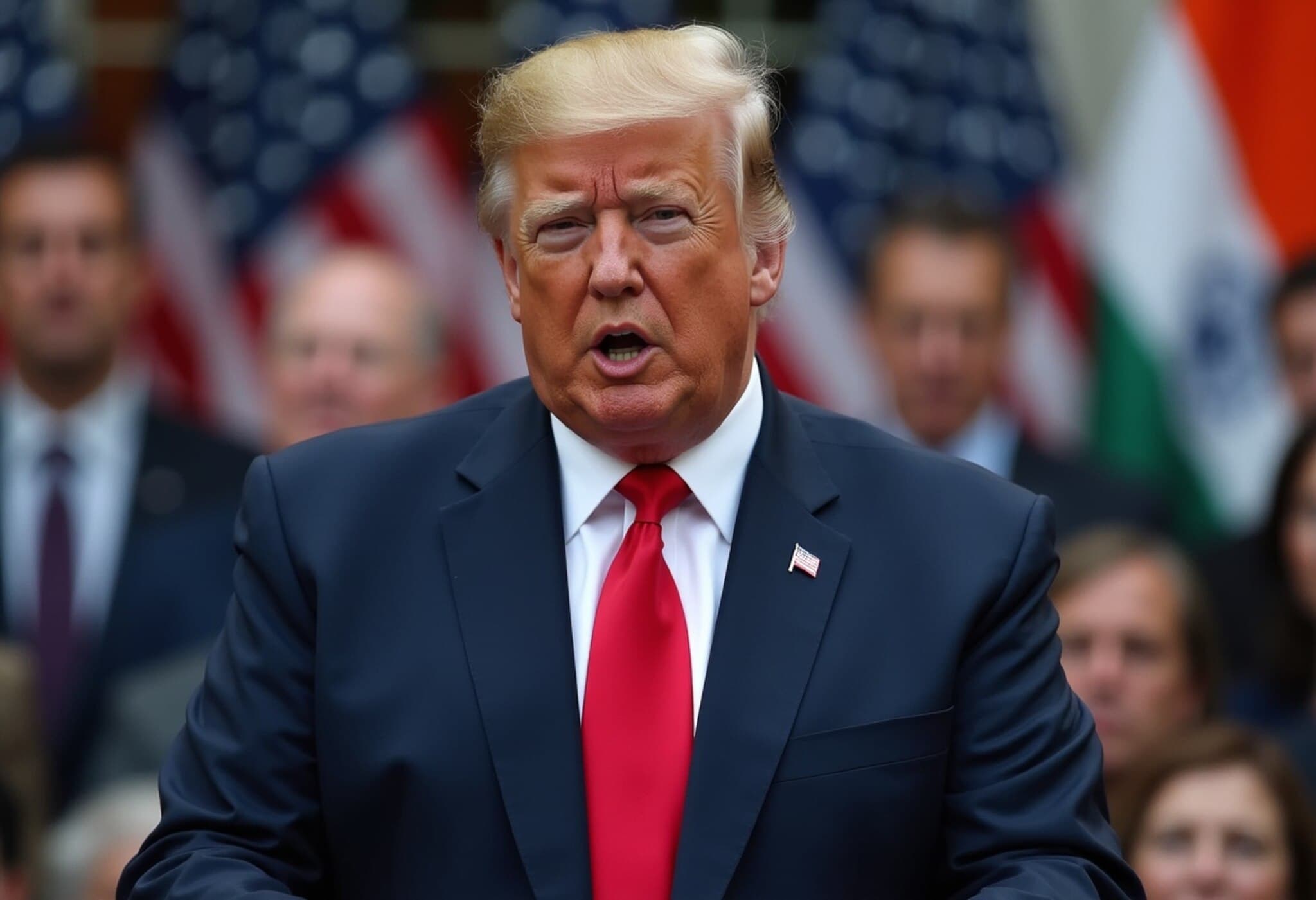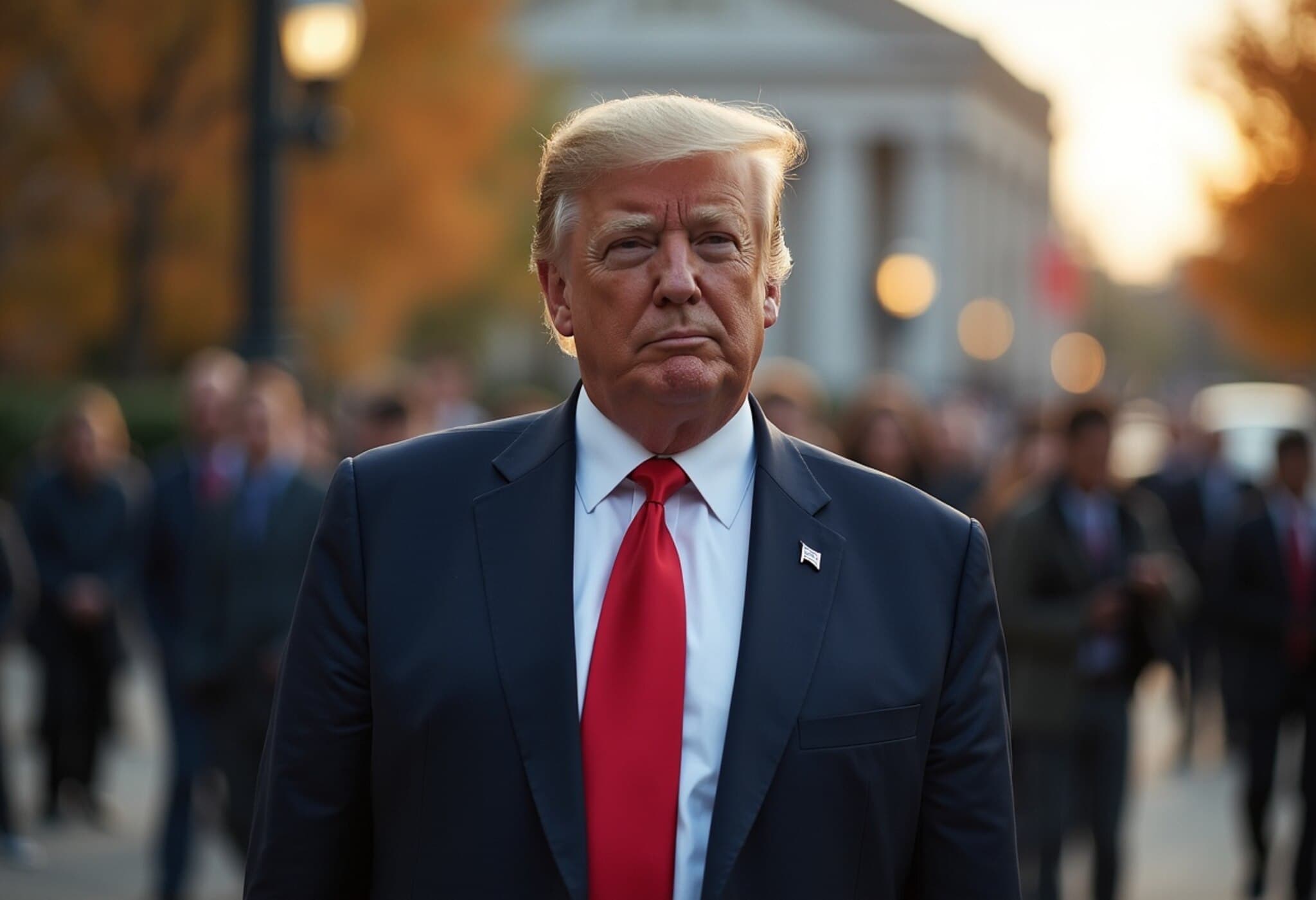Iran Voices Concern Over War-Induced Oil Market Disruptions
Amid heightened tensions in the Middle East, Iran's Oil Minister Mohsen Paknejad has issued a cautionary statement on the far-reaching consequences that armed conflicts impose on the global oil markets. Speaking to an OPEC seminar via videoconference from Vienna, Paknejad underscored the urgent need for the international community to adopt a principled opposition to using war as a geopolitical tool.
"Any act of aggression causing interruption to oil and gas supplies imposes serious complications on energy producers and economic hardships on national economies," Paknejad said, poignantly articulating the broader economic reverberations beyond the battlefield.
Backdrop: Recent Hostilities and Market Vulnerabilities
These comments come on the heels of a 12-day barrage of missile and drone strikes between Tehran and regional adversary Israel, events which pushed oil prices upward as markets braced for supply instability. Iran, being the third-largest producer within OPEC and the group’s 2025 rotating president, commands a critical position in the delicate balance of global crude supply.
According to the latest OPEC monthly report, Iran produced approximately 3.3 million barrels per day in May. The recent confrontations, including reported U.S. strikes on Iranian nuclear sites—cited by former U.S. President Donald Trump and Israeli Prime Minister Benjamin Netanyahu as strategic victories—have heightened anxieties over potential supply disruptions not only from Iran but across the broader Middle East.
Ceasefire and Its Fragile Aftermath
Since June 24, a U.S.-brokered ceasefire between Iran and Israel has largely held, offering some respite to jittery markets. Nonetheless, analysts and OPEC insiders remain cautious, as geopolitical tensions continue to cloud long-term supply forecasts.
Expert Insight: Geopolitics as the Market's 'Black Swan'
Bob McNally, founder and president of Rapidan Energy Group, emphasized to CNBC that geopolitical risks represent the most unpredictable and influential factor shaping the oil market's near-term prospects. He warned, “We are not out of the woods with Iran.”
McNally elaborated that decades of deferring decisive action on Iran’s nuclear ambitions may be nearing an end, hinting at a possible pivot point between diplomacy and further conflict. With Iran’s recent parliamentary move to freeze cooperation with the International Atomic Energy Agency, concerns intensify over the country's nuclear trajectory and the fragile peace in the region.
Sanctions and Shadow Supply Chains
U.S. sanctions, reinforced as recently as July 3, have severely curtailed Iran's crude exports—the backbone of its economy. In response, much of Iran’s oil now moves clandestinely to major consumers like China through a so-called "shadow fleet" consisting of off-grid tankers and intermediary shell companies.
This covert operation underscores the challenges in enforcing sanctions and the resilient ingenuity of Tehran’s oil sector. Yet, it also complicates global efforts to maintain transparency and stability in energy markets already strained by geopolitical uncertainties.
Broader Implications for U.S. and Global Energy Policy
From an American policy perspective, these developments intersect with broader strategic concerns. Energy market volatility driven by Middle Eastern conflict risks triggering inflationary pressures domestically and internationally, complicating efforts by the Federal Reserve and other central banks to stabilize economies.
Moreover, the renewed push for a diplomatic resolution to Iran's nuclear program aligns with U.S. interests in reducing the risk of armed conflict that could further disrupt global energy supplies. Yet, as McNally suggests, the path ahead is fraught with uncertainty, balancing between hopeful diplomacy and the ominous specter of renewed hostilities.
Key Questions Moving Forward
- Can international diplomacy successfully prevent further escalation in the Middle East?
- How will Iran’s shifting export strategies affect global oil market transparency and security?
- What role will OPEC’s rotating presidency by Iran play in navigating the complex supply dynamics in 2025?
- How should global energy markets prepare for potential “Black Swan” geopolitical events in the region?
Editor’s Note:
The situation unfolding in Iran and its neighboring countries serves as a poignant reminder of how geopolitics and energy markets are inextricably linked. Beyond the numbers and diplomatic statements lies a complex web of regional rivalries, economic survival strategies, and global energy dependencies. As Iran assumes a leadership role in OPEC amid ongoing tensions, the world watches closely—aware that the balance of peace and conflict here could tip markets, economies, and international relations worldwide. This story warrants close monitoring, especially as policymakers in Washington and oil markets globally navigate an uncertain energy future.

